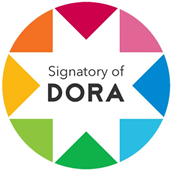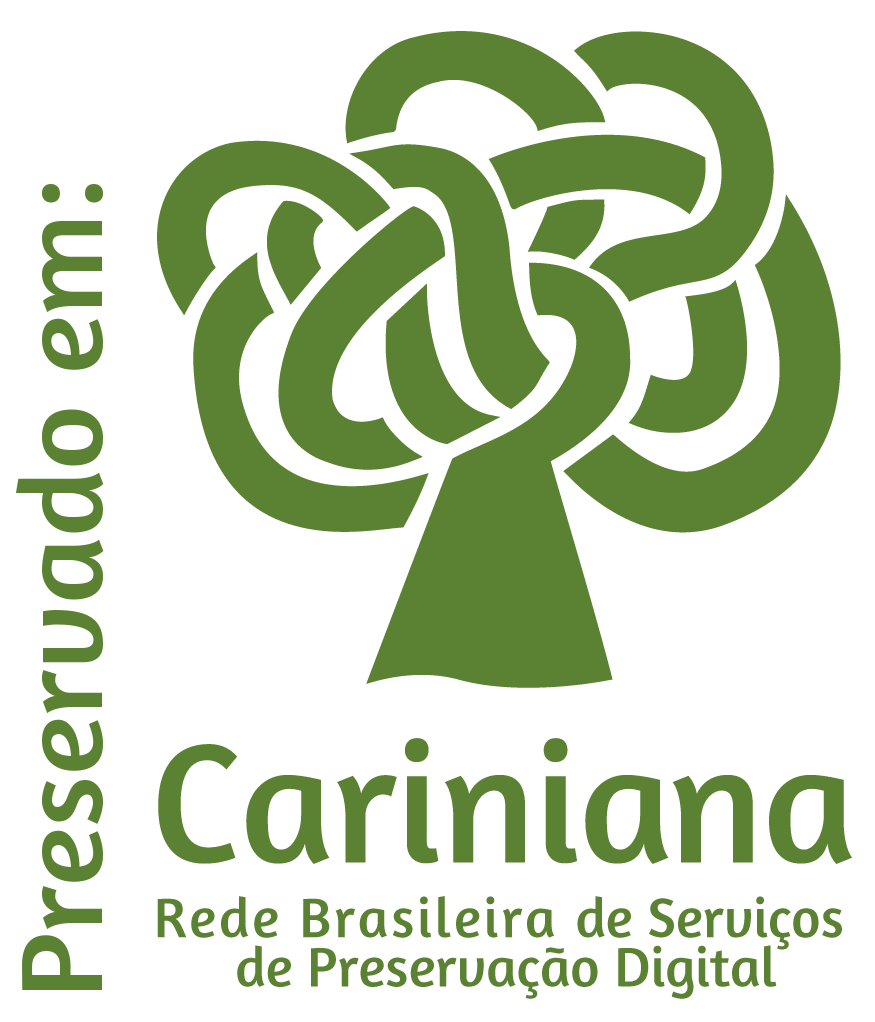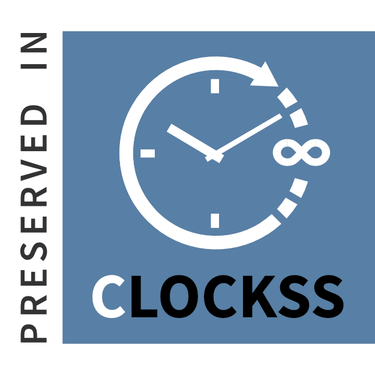Emergency Remote Education
impacts on the pedagogical practices during COVID-19
DOI:
https://doi.org/10.31417/educitec.v6.1433Keywords:
Education, Remote teaching, Pedagogical practiceAbstract
This article addresses the teaching carried out by teachers in the state of Paraíba during the Covid-19 pandemic and aims to reflect on the impacts of Emergency Remote Education (ERE) on their pedagogical practices. It is a case study whose data were collected through a questionnaire prepared in Google Forms, which was applied through a link to one hundred and five teachers of different subjects who work in municipal, state or federal public and private schools, in high school and / or in the final years of elementary school. The collected data were analyzed in the light of a literature that explores the ERE and its implementation. The results obtained showed a diversity of practices carried out by means of Digital Information and Communication Technologies (DICT), part of which is in line with the modus operandi of traditional education and part of which seeks to overcome it. Taken together, these practices can provide students with more autonomy, new forms of communication between educational actors and the acquisition of new learning about the pedagogical use of DICT with the potential to modify the teaching that succeeds the pandemic, when we return to the “new normal” of classroom teaching.
Downloads
Metrics
References
ARRUDA, Eucidio Pimenta. EDUCAÇÃO REMOTA EMERGENCIAL: elementos para políticas públicas na educação brasileira em tempos de Covid-19. EmRede-Revista de Educação a Distância, v. 7, n. 1, p. 257-275, 2020. Disponível em: https://www.aunirede.org.br/revista/index.php/emrede/article/view/621>. Acesso em: 05 mai. 2020.
BOGDAN, Robert; BIKLEN, Sari. Investigação qualitativa em educação: uma introdução à teoria e aos métodos. Porto Editora, 1994.
DIESEL, Aline; BALDEZ, Alda Leila Santos; MARTINS, Silvana Neumann. Os princípios das metodologias ativas de ensino: uma abordagem teórica. Revista Thema, v. 14, n. 1, p. 268-288, 2017. Disponível em: <http://periodicos.ifsul.edu.br/index.php/thema/article/view/404>. Acesso em: 10 jun. 2020.
GUARALDO, Tamara de Souza Brandão; BRITO, Sônia de. A transformação histórica das metodologias ativas: notas para um debate. In: Aprendizagem ativa: contextos e experiências em comunicação. Célia Maria Retz Godoy dos Santos e Maria Aparecida Ferrari (org.). FAAC/UNESP, 2017.
HODGES, Charles et al. The difference between emergency remote teaching and online learning. EDUCAUSE Revide. 27 mar. 2020. Disponível em: <https://er.educause.edu/articles/2020/3/the-difference-between-emergency-remote-teaching-and-online-learning>. Acesso em: 19 jun. 2020.
JOYE, Cassandra Ribeiro; MOREIRA, Marília Maia; ROCHA, Sinara Socorro Duarte. Distance Education or Emergency Remote Educational Activity: in search of the missing link of school education in times of COVID-19. Research, Society and Development, v. 9, n. 7, 2020. Disponível em: < https://rsdjournal.org/index.php/rsd/article/view/4299>. Acesso em: 05 jun. 2020.
JULIANI, AJ. This is not online or distance learning. A. J. Juliani, 2020. Disponível em: <http://ajjuliani.com/this-is-not-online-or-distance-learning/. >Acesso em: 10 jul. 2020.
KERCKHOVE, Derrick. A pele da cultura. Lisboa, Editora: Relógio D'Água, abril de 1997.
MORÁN, José. Mudando a educação com metodologias ativas. Coleção Mídias Contemporâneas. Convergências midiáticas, educação e cidadania: aproximações jovens, v. 2, n. 1, p. 15-33, 2015. Disponível em:< https://www.uniavan.edu.br/uploads/arquivo/N62vWDM7yb.pdf>. Acesso em: 13 mai. 2020.
MOREIRA, José António; SCHLEMMER, Eliane. Por um novo conceito e paradigma de educação digital onlife. Revista UFG, v. 20, 2020. Disponível em:< https://www.revistas.ufg.br/revistaufg/article/view/63438>. Acesso em: 20 jun.2020.
PARDO KUKLINSKI, Hugo.; COBO, Cristóbal. Expandir la universidad más allá de la enseñanza remota de emergência: Ideas hacia un modelo híbrido post-pandemia. 2020.
SAVIANI, Dermeval. As concepções pedagógicas na história da educação brasileira. Texto elaborado no âmbito do projeto de pesquisa ‘O espaço acadêmico da Pedagogia no Brasil’, financiado pelo CNPq, para o “projeto, v. 20, p. 21-7, 2005. Disponível em:< https://edisciplinas.usp.br/pluginfile.php/4430725/mod_resource/content/1/3%20-%20D_Saviani_Concep_Pedag_Hist_Educ_Brasil_2005.pdf>. Acesso em: 30 jun. 2020.
SEMIS, Laís. Homeschooling: 14 perguntas e respostas. Nova Escola. 2019. Disponível em: <https://novaescola.org.br/conteudo/15636/homeschooling-14-perguntas-e-respostas>. Acesso em: 20 jun. 2020.
Downloads
Published
How to Cite
Issue
Section
License

This work is licensed under a Creative Commons Attribution 4.0 International License.
This work is licensed under a Creative Commons Attribution 4.0 International License
This license allows others to share, copy, redistribute material in any medium or format, adapt, remix, transform and develop the material based on their work, even if commercially, giving due credit and providing a link to the license.
The published articles are the property and full responsibility of their authors, who may have them for later publication, always including the original edition, and EDUCITEC Magazine does not have any legal responsibility for its content.
Accepted 2020-11-13
Published 2020-12-18

















